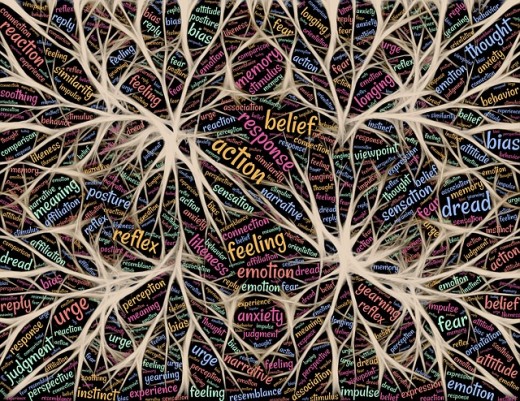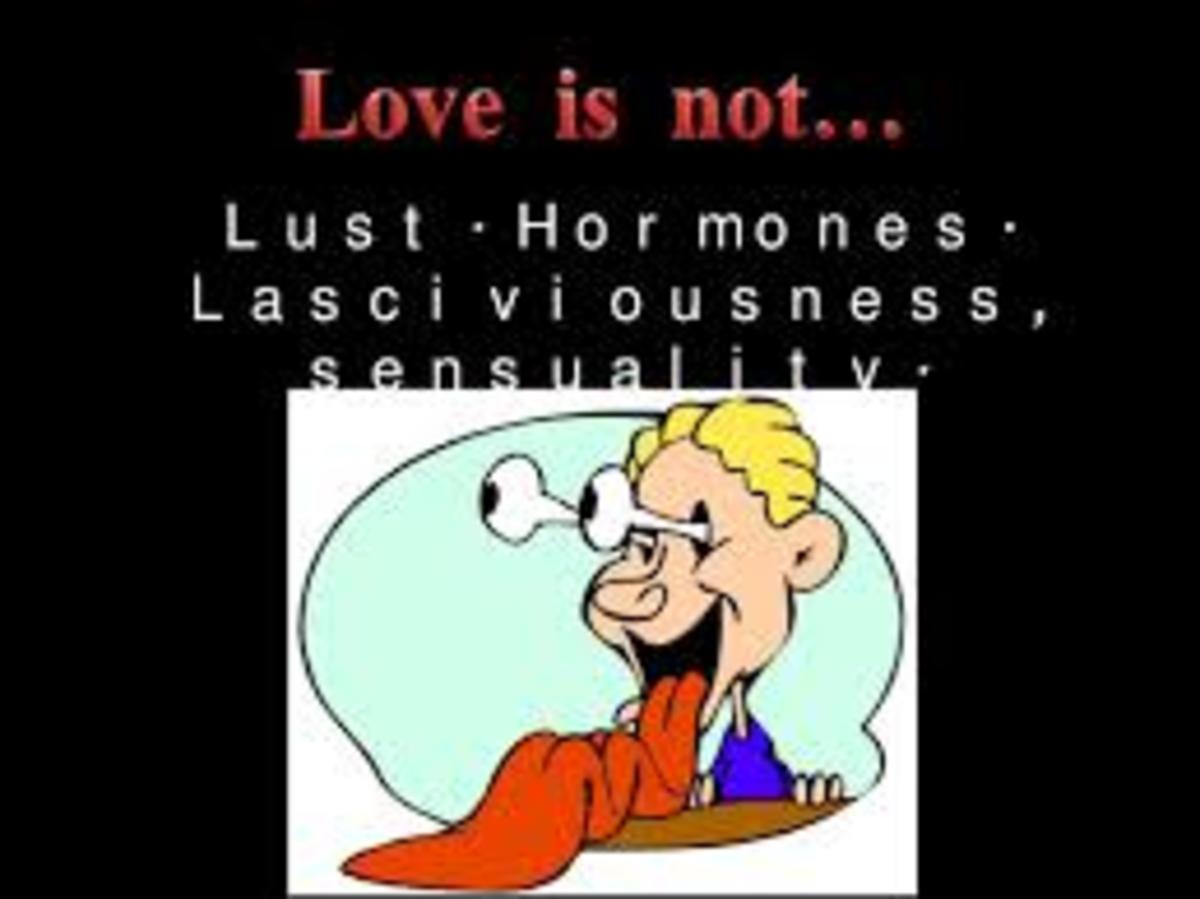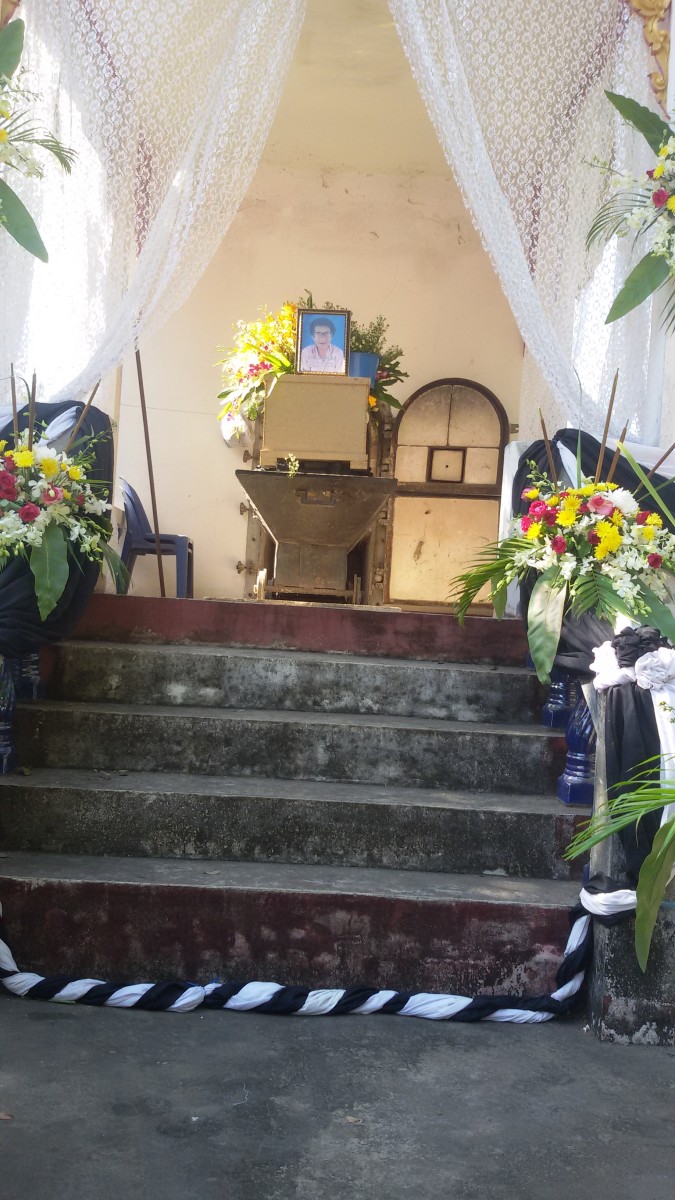Training of The Mind: A Reflective Mind Versus a Reactive Mind
Normally, we are caught up and swept away in the rapid "mind stream" - the fast flowing movement of thoughts and images. So it is so difficult to see things clearly; we are led astray by our mental activity. It is like when we are travelling in a fast-moving vehicle, it is very difficult to see the passing landscape clearly. But if we drive or walk slowly, it is easier to see things as we pass.
Likewise, if we can calm our mind by focusing on something which comes from within ourselves and which is repetitive and often taken for granted, like our breathing, we can train our mind to see things more clearly and objectively. In the state of calm attention or mindfulness, we are able to see more intimately the changing and impermanent nature of our mind and body.
Thoughts come and go, body sensations arise and cease. We know a thought has popped up but we do not have to open the thought-folder to read or to think about the contents. We are aware of the numbness in our feet or the cold air we inhale, but we just let it be because sensations are changing all the time. If we put in an effort to chase after the sensation, either to get rid of it or to sustain it, we are stirring a muddy water with a stick and we will never be able to see things clearly.

There are many different ways to train our minds, but there is one basic point common to all good practices. It is freedom from the craving and clinging mind with its attachments and obsessions. Learning how to observe our mental state and reaction with awareness and letting them go is of the utmost importance. Our mind holds the key to our happiness or suffering. A click of the mind will change happy things to painful things, and vice versa.
From habit, we tend to react to happenings around us. The mind needs to be re-wired or re-conditioned to reflect and not to react. For example, when faced by suffering we tend to avoid it or try to get rid of it, instead of reflecting on the pain which arises from suffering, the cause of the suffering, and the way to handle it wisely.
We should look at suffering, not from the perspective of "it is mine", but simply acknowledge that there is this suffering without making it personal or reacting to it in our usual way. We tend to interpret our suffering as "I am suffering" and expect people around us to give in to our demands, or we even seek compensation and find scapegoats for our suffering. This is the way our mind is conditioned. Our mind clings to a SELF-view or image. Through this, we discriminate, we select what we like, and try to suppress what we do not like.
We cannot do away with desires, passions and habits by ignoring them or by suppressing them. But as soon as they appear, we should be aware of them, look them in the face, accept them and let them be the way they are. As habits and passions are part of our daily life, we have ample opportunities to cultivate the reflective mind actively.
Desires and passions do not cause suffering. It is the grasping of them that brings suffering. Grasping means being deluded by them, by thinking it is "me and mine"; for example, "I don't like the way I am now. I have to become something else or I have to get rid of something before I can become what I want".
A calm mind reflects, a troubled mind reacts
The origin of suffering is the attachment to desire which we need to let go of. We need to recognize desire but not identify with it. Listen to it with scant attention, not saying it is good or bad, but merely recognizing it for what it is. If we train our mind to contemplate desires when they arise and listen to them without taking action, we are actually detaching ourselves from those desires.
But just leaving them to be the way they are, we shall realize that desires can be laid aside. Letting go of things means we leave them as they are; it does not mean avoiding them or throwing them away, as such may give rise to aversion.
When we are feeling depressed and negative and we try not to indulge in the feeling, that very moment of non-indulgence is an enlightenment experience. But we have to find this out through practice in our daily life.
There are moments when we become very critical of everything and of ourselves. Take time to listen to the complaining mind, bring it into consciousness. The more we contemplate and investigate our thoughts, the more the insights - the seeing things for what they are - arise. That is not a mind of fixed views and prejudices that thinks it knows it all or takes what other people say as the truth. We need a mind that can reflect and contemplate to lead us out of suffering.
Thus there is no "I" to cling to, there is no "YOU" to judge, there is no future to foretell. The response to life becomes clear and beneficial because the response does not come from us on a personal level or from any of our mental formulations. We observe the restlessness and the compulsiveness of the mind and let them go. We let them go and they cease. Then we are living in the true sense of the word because we are living in the here and now in a state of mindfulness.
Summary
A reflective mind is the result of training which involves giving up clinging and grasping, focusing on the present moment, and looking less from the "I" perspective but more from the interdependent nature of things. Our minds become like clear and calm water and our hearts open up. There is peace of mind and loving-kindness in the present moment.









